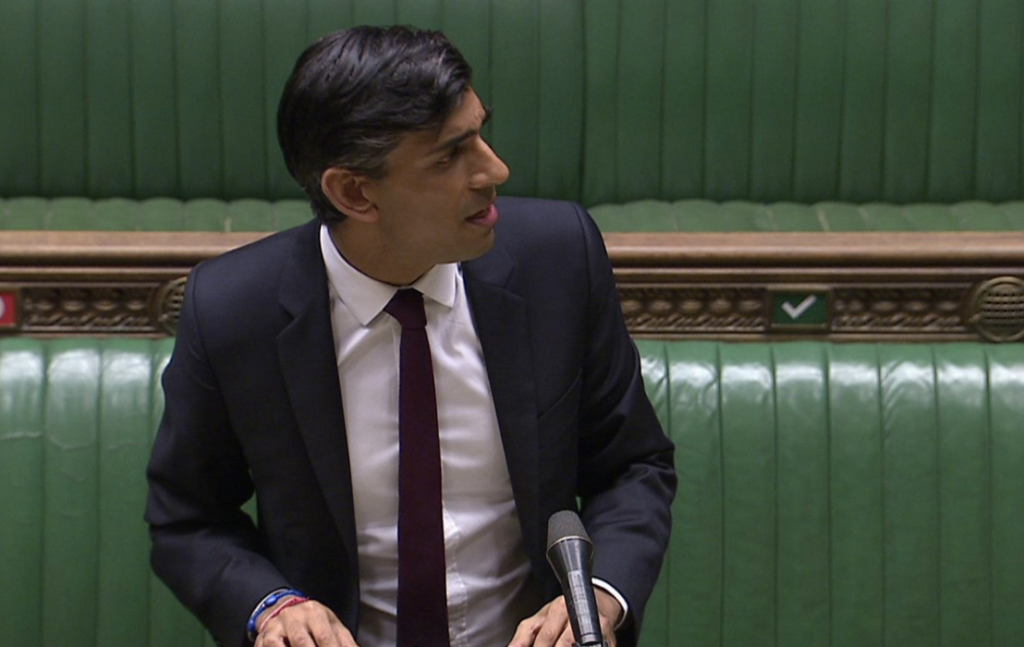
The Chancellor Rishi Sunak has confirmed the furlough scheme will be extended until March next year, with the whole of the UK covered.
It means the government will continue to pay up to 80 per cent of wages where employees are unable to work. Pay will still be capped up to £2,500 per month
Employers will have to cover the cost of staff National Insurance and pension contributions.
Sunak said the measures will be reviewed in January “to decide whether economic circumstances are improving enough to ask employers to contribute more”, but as it stands, hundreds of thousands of hospitality workers will breathe a sigh of relief.
This could be the Chancellor’s first real trip up. His much self-praised Job Retention Bonus will now be consigned to the back burner, though Sunak did say it will be reintroduced “at the appropriate time”.
Sunak added that it remains the government’s intention for the English lockdown to end at the start of December, but he acknowledged the economic effects are “much longer lasting” than the duration of restrictions.
Prior to the extension, those in the trade were grappling with the tangible risk that lockdown will be extended into the Christmas period and what that could mean financially, notwithstanding the fact that Boris & Co are clearly bending over backwards to avoid such an eventuality.
With the extension of the furlough, a significant amount of the political charge sitting under the decision to re-open or remain shuttered has been defused, and anticipation of an announcement over reopening on December 2 is no longer now as politically charged as prior to the extension of the JRS.
The furlough scheme was first due to end on October 31, but was extended last week to cover November. It will now run for much longer.
It must also be said that even if this is another headache for the Treasury, the trade’s gratitude for the extended scheme is likely to be expressed in the coming days by the abatement of the mix of outrage and weary resignation that greeted the English lockdown. To some degree, it takes the edge off the current situation for the trade.
And front-line workers will likely to be very thankful for the increased support. Hospitality, one of the worst-hit industries in the coronavirus pandemic, will see real promise in the move.
